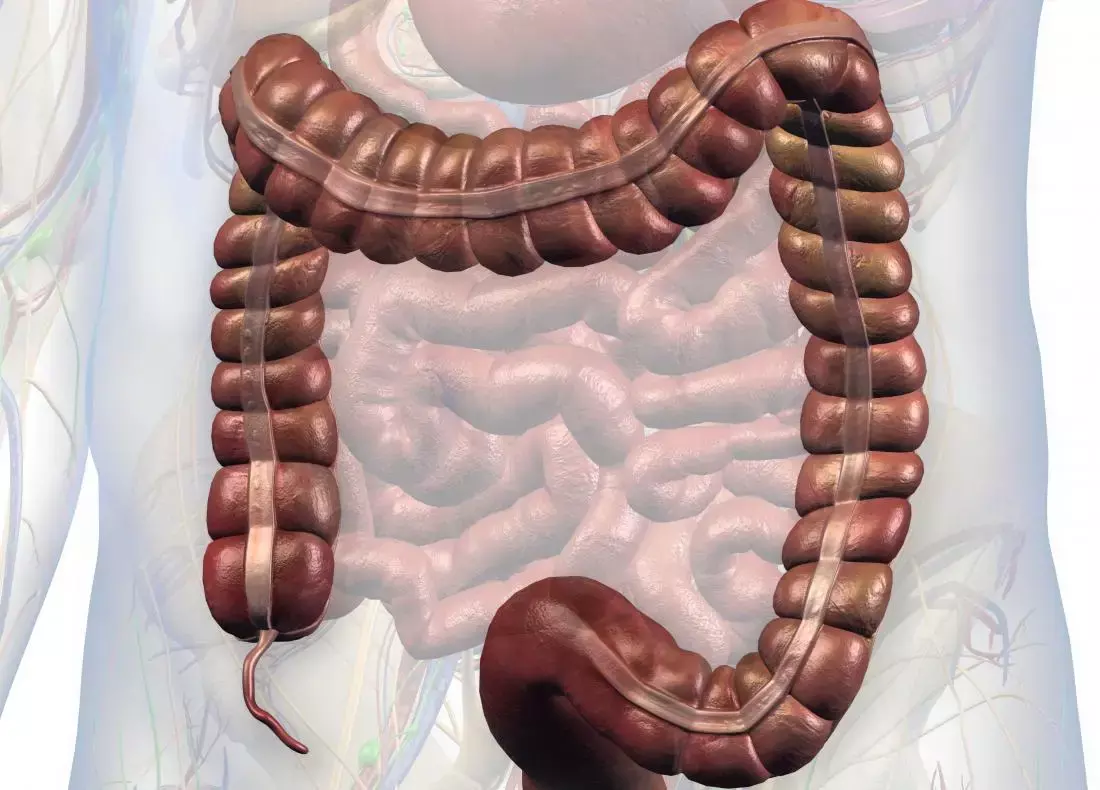- Home
- Medical news & Guidelines
- Anesthesiology
- Cardiology and CTVS
- Critical Care
- Dentistry
- Dermatology
- Diabetes and Endocrinology
- ENT
- Gastroenterology
- Medicine
- Nephrology
- Neurology
- Obstretics-Gynaecology
- Oncology
- Ophthalmology
- Orthopaedics
- Pediatrics-Neonatology
- Psychiatry
- Pulmonology
- Radiology
- Surgery
- Urology
- Laboratory Medicine
- Diet
- Nursing
- Paramedical
- Physiotherapy
- Health news
- Fact Check
- Bone Health Fact Check
- Brain Health Fact Check
- Cancer Related Fact Check
- Child Care Fact Check
- Dental and oral health fact check
- Diabetes and metabolic health fact check
- Diet and Nutrition Fact Check
- Eye and ENT Care Fact Check
- Fitness fact check
- Gut health fact check
- Heart health fact check
- Kidney health fact check
- Medical education fact check
- Men's health fact check
- Respiratory fact check
- Skin and hair care fact check
- Vaccine and Immunization fact check
- Women's health fact check
- AYUSH
- State News
- Andaman and Nicobar Islands
- Andhra Pradesh
- Arunachal Pradesh
- Assam
- Bihar
- Chandigarh
- Chattisgarh
- Dadra and Nagar Haveli
- Daman and Diu
- Delhi
- Goa
- Gujarat
- Haryana
- Himachal Pradesh
- Jammu & Kashmir
- Jharkhand
- Karnataka
- Kerala
- Ladakh
- Lakshadweep
- Madhya Pradesh
- Maharashtra
- Manipur
- Meghalaya
- Mizoram
- Nagaland
- Odisha
- Puducherry
- Punjab
- Rajasthan
- Sikkim
- Tamil Nadu
- Telangana
- Tripura
- Uttar Pradesh
- Uttrakhand
- West Bengal
- Medical Education
- Industry
Rare case viable amputated part of the appendix after autoamputation: A report

A rare case where the amputated part of the appendix stayed viable after autoamputation was published in the BMC Surgery
Autoamputation of the appendix, i.e., complete separation of a part of the appendix without any surgical intervention, has been rarely documented in the literature in recent years. Herein, we report a case where the amputated part of the appendix was viable after autoamputation and reviewed the related literature.
Case presentation
A 39-year-old female patient was admitted to our hospital complaining of abdominal pain and subsequently underwent an emergency laparoscopic appendectomy (LA). Intraoperatively, we found an abnormally short appendix protruding from the cecum and a strip-like tissue attached to the mesoappendix, considered a duplex appendix, was resected. Finally, in conjunction with the histopathology findings and the past medical history, the patient was diagnosed with "Pseudo-duplication of the Appendix".
Autoamputation of the appendix resulting in preserved tissue viability and absence of necrosis at both ends can be termed as "Pseudo-duplication of the Appendix". This condition is very rare in clinical practice and has not been reported in China, to the best of our knowledge. It has been established that the autoamputated appendix can produce chronic inflammation, intestinal fistulae and even cancer, affecting the patient's quality of life. Accordingly, a clear diagnosis and timely management are essential. In this report, we established a novel classification for "Pseudo-duplication of the Appendix", hoping that our report will help surgeons better understand this anatomical anomaly of the appendix, to help during the differential diagnosis process and avoid confusion.
Reference:
Wang, M., Ning, S., Liu, Y. et al. Autoamputation of the appendix and survival of the amputated part: a rare case report and literature review. BMC Surg 22, 249 (2022). https://doi.org/10.1186/s12893-022-01700-1
Keywords:
BMC Surgery, Wang, M., Ning, S., Liu, Y, Autoamputation, appendix, survival, amputated, part, rare case, report, literature, review, BMC Surgery, Appendix, Appendicitis, Autoamputation, Laparoscopic appendectomy, Pseudo-duplication appendix
Dr. Shravani Dali has completed her BDS from Pravara institute of medical sciences, loni. Following which she extensively worked in the healthcare sector for 2+ years. She has been actively involved in writing blogs in field of health and wellness. Currently she is pursuing her Masters of public health-health administration from Tata institute of social sciences. She can be contacted at editorial@medicaldialogues.in.
Dr Kamal Kant Kohli-MBBS, DTCD- a chest specialist with more than 30 years of practice and a flair for writing clinical articles, Dr Kamal Kant Kohli joined Medical Dialogues as a Chief Editor of Medical News. Besides writing articles, as an editor, he proofreads and verifies all the medical content published on Medical Dialogues including those coming from journals, studies,medical conferences,guidelines etc. Email: drkohli@medicaldialogues.in. Contact no. 011-43720751


